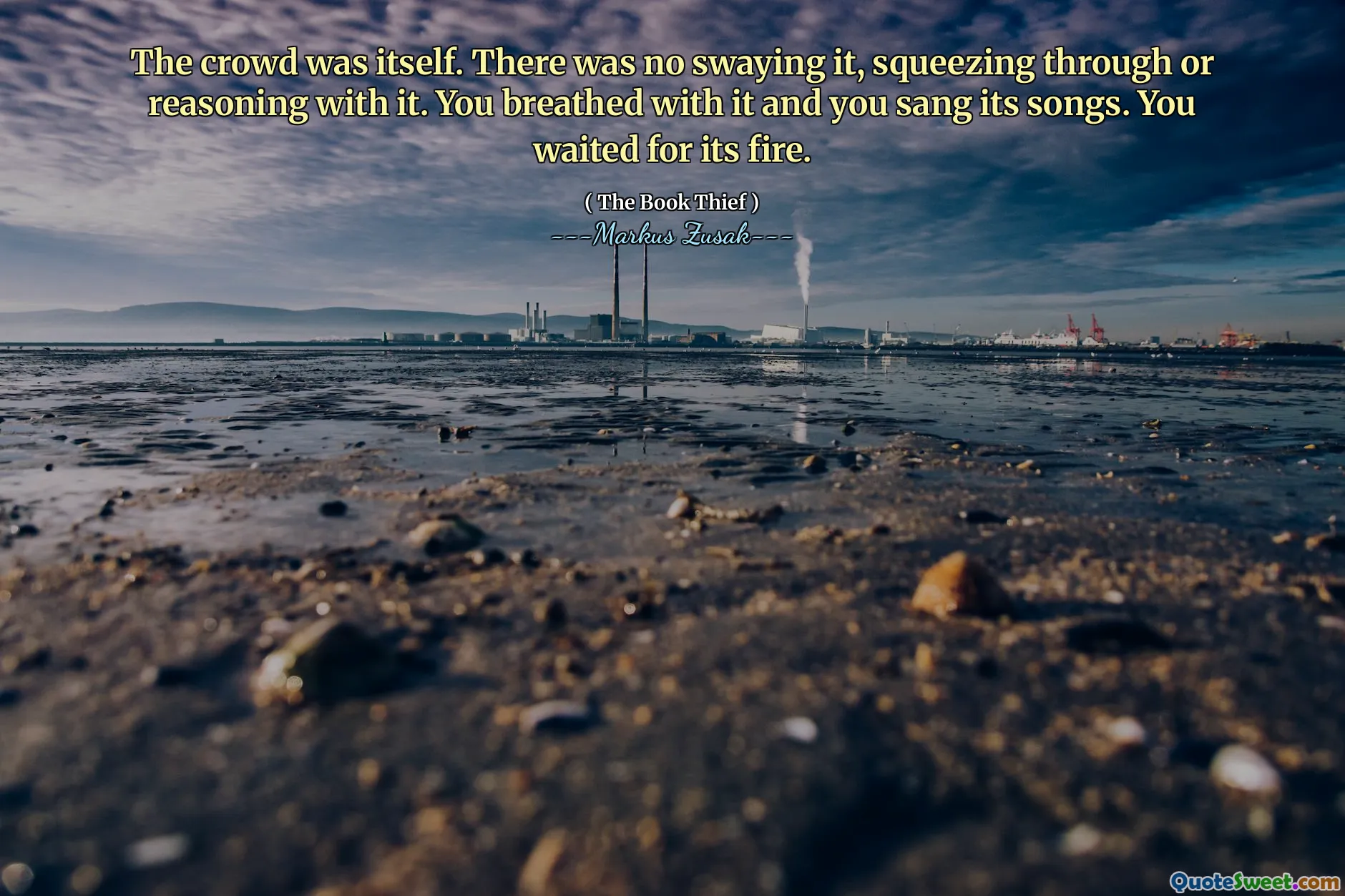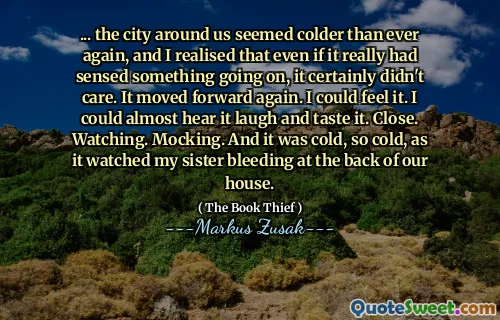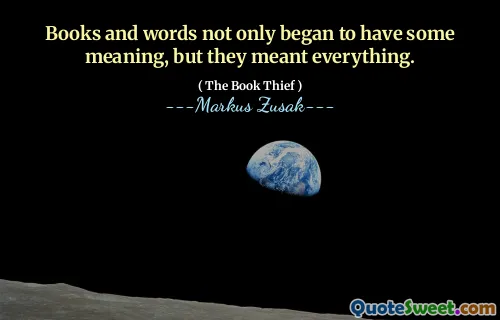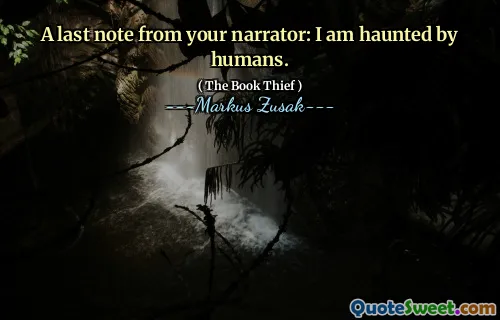
The crowd was itself. There was no swaying it, squeezing through or reasoning with it. You breathed with it and you sang its songs. You waited for its fire.
This quote encapsulates the formidable and almost instinctual power of collective human spirit. The depiction of the crowd as an entity that is inherently itself—unwavering and unchangeable—speaks to the profound influence that groups can exert on individuals. When within a crowd, there's a sense of surrender to its rhythm, its mood, and its collective passion. The description of breathing with it and singing its songs suggests a deep-seated connection, an almost primal camaraderie where individual identities fade into the collective identity. Waiting for its fire indicates anticipation for a shared event—perhaps a rally, protest, celebration, or moment of collective intensity—that ignites the crowd and elevates the group's unity to a new level. This collective identity often overrides personal sense of autonomy, highlighting how groups can shape emotions and actions. It also underscores the collective nature of human experiences, where individual differences blur amidst the commonly held passions or beliefs. The power of such unity can be both inspiring and terrifying; it can drive positive social change or incite destructive mob mentality. Overall, the quote reminds us how groups operate almost as living organisms—resounding with their own energy, rhythm, and purpose—and how individuals are often swept into these currents, finding themselves part of an unstoppable force.
(The Book Thief) - Markus Zusak











